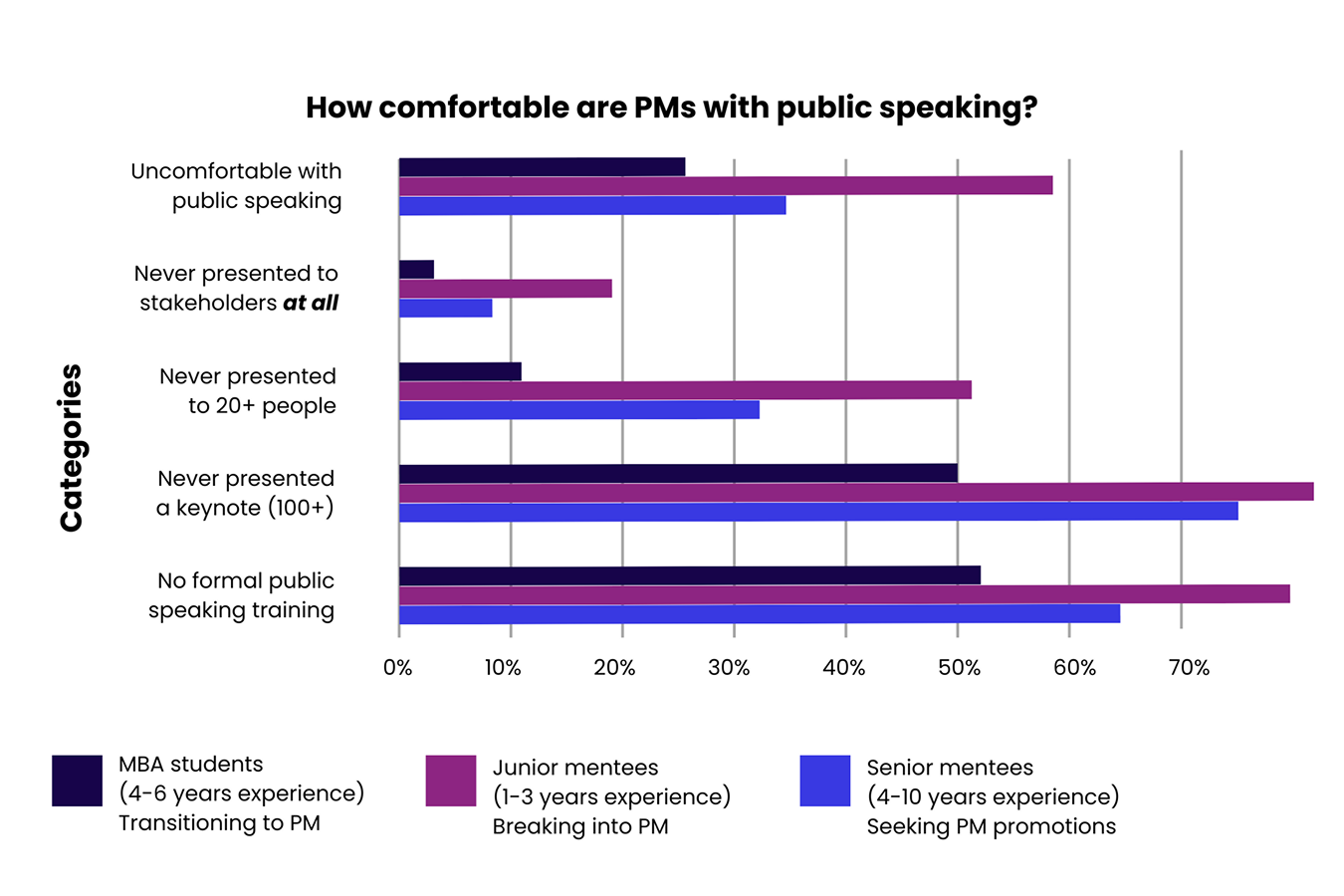In this ProductTank Toronto talk, Moe Ali – currently the CPO at Airborne – gives us some insights into the classic archetypes and characteristics of a good product manager, covering:
- The balance of product discovery vs delivery
- Some of the archetypes of product managers
- What practices make a good product manager
Product Discovery vs Delivery
A typical sprint team is an expensive thing for a business to run, so it’s critical to understand how everyone on the team contributes to the outcomes. The developers produce the code that drives the features, the designers ensure the features look and behave correctly – the “How” of the product. The product manager helps the team understand and define the “Why” and the “What”.
The product manager’s unique role is often centred around product discovery – ensuring that the team is building the right thing. However, early on in their career, a product manager will likely spend most of their time on product delivery, which is itself a hard skill to master. They’ll be working closely with stakeholders, making sense of the available data, and then working with their team to ensure they’re on the right track.
As they progress, they’ll likely spend more and more time on discovery (as they’ve developed deeper knowledge of the business, the industry, and how users think), but it’s important to know whether the business needs you to spend more time in discovery or delivery.
Product Manager Archetypes
In his career, Moe has seen that product managers generally fall into one of three archetypes: the “backlog administrator”, the “roadmap administrator”, and the “product leader”. Which of these archetypes a product manager falls into will be partially based on how experienced they are, but there are definitely key practices you can nurture to maximise your impact and value:
- The Backlog Administrator – Escalates / defers a high proportion of decisions up towards more senior leadership (possibly even the CEO). This is not a scalable practice.
- The Roadmap Administrator – Brings together key stakeholders when decisions need to be made, but defers decision-making to consensus from the stakeholders “fighting it out”. This is also not scalable, and is actively frustrating for the stakeholders involved.
- The Product Leader – Takes steps to formulate a defensible point-of-view, and actively takes steps to drive decisions. Collaborates with leadership and stakeholders, but is trusted by them. Scalable and highly valuable.
What Makes a Good Product Manager?
Being a great product manager – a product leader – is a demanding challenge. In Moe’s experience, there are four key traits that all good product managers have:
- Deep customer knowledge – product leaders are clear customer experts, with an intuitive understanding of their customers’ issues, pains and desires (not to mention buying habits and operating procedures).
- Undisputed product expertise – a good product manager should be assessing data every day. They should be looking at a mix of qualitative and quantitative data, and doing their own analysis.
- Deep business knowledge – a product must work for the business, as well as the customers. A product manager is responsible for understanding and empathizing with the key stakeholders, and building trust that you are factoring in their constraints as you deliver.
- Deep industry knowledge – A good product manager isn’t just thinking about their own product, but also about the world beyond their organisation. They should understand key trends and competitors, and be able to forecast where the industry might be heading.
The key takeaway from this talk is that the role of a product manager can be very demanding, and that growing into being a great product manager – ultimately a product leader – takes time. Focus on developing these key traits, and bringing your own active contributions to the team, and growth will follow.






